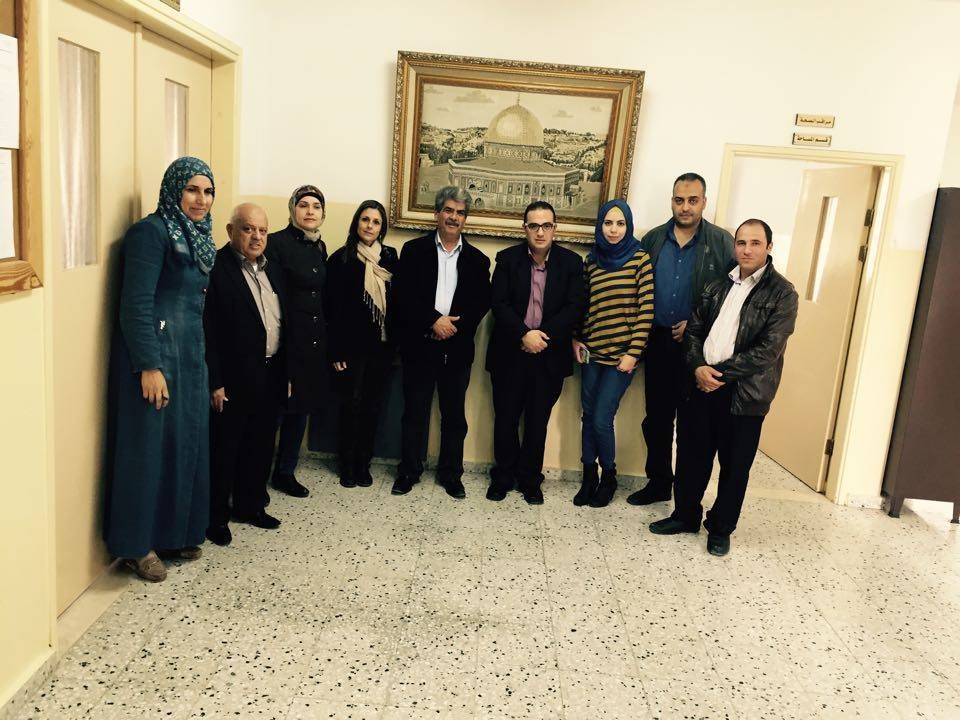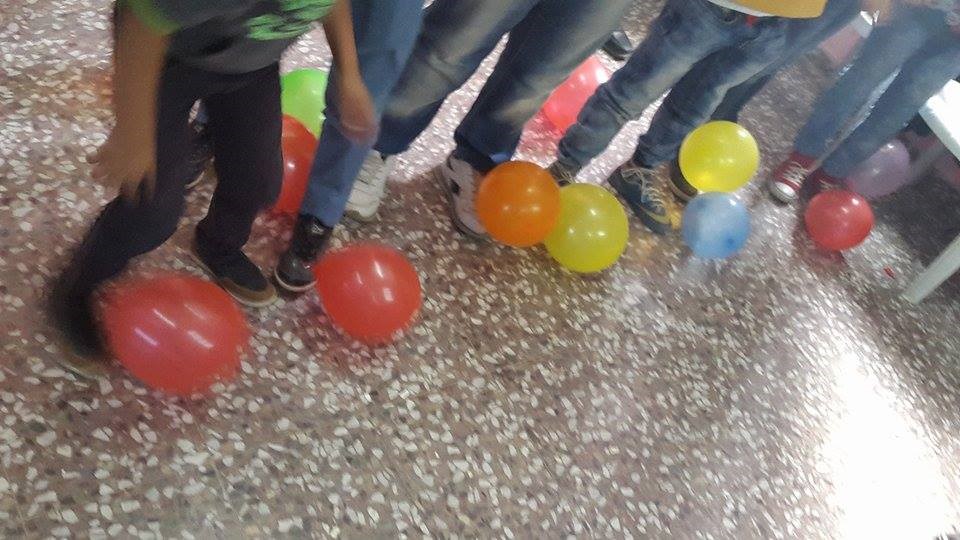التصنيف:
Faculty of Medicine and Health Sciences
The students of the Master in Community Mental Health Nursing, supervised by Dr Sabrina Russo and Mr Farid AbuLeil, performed 6 sessions of community based Psychological defrieng for the children of Beit Fourek.
With the coordination of Dr Ghassan Hamdan, Director of Medical Relief Society Nablus, and the facilitation and cooperation of the Mr Aref Hanani, Major of the Municipality of Beit Fourek.

The team tailored the intervention to support the already-existing strengths of these children by proponing to them work based on their emotions, giving them a safe space to express themselves. To do so, we used a number of different techniques to achieve the following objectives:
- To enhance the creative process and to reconcile emotional conflict children used storytelling, acting and imaginary playing that encouraged self-consciousness and fostered personal growth.
- To empowerby supportingthe children’s feeling of being the leading actors in their lives and communities, we asked them toimagine the hero inside that helpsto challenge and face painful situations or feelings.We then asked them to imagine how to overcome these obstacles.Thishelped to increase the children‘s personal profiles and support their capacity to express rage in an appropriate manner, to communicate more effectively with adults and peers, and to cooperate with others.It also enhanced the capacity to relate to past experiences, understand the concept of living in the “here and now” and accept new behavioral models for the future.

- Todevelop aninternal sense ofsecurity through reassurance, we fostered a feelingof safety through imagination.The childrenbuiltasafe place with their hands, which was explained to themwill always existinside whenever they need it, and can be full of warmth, fun, hope and creativity, and is far away from their current reality – even on another planet.
- To encourage the expression of anger in a positive way through emotional expression and non-violent methods, we focused on the children’s feeling of self-efficacy summarized in the meaning of being an active participant in the resistance. This feeling was supported by drawing emotions, by giving a voice to the associated feeling, and byasking them torecognize their responsibilities, which had already beendeveloped through the children‘s own possibility to choose.